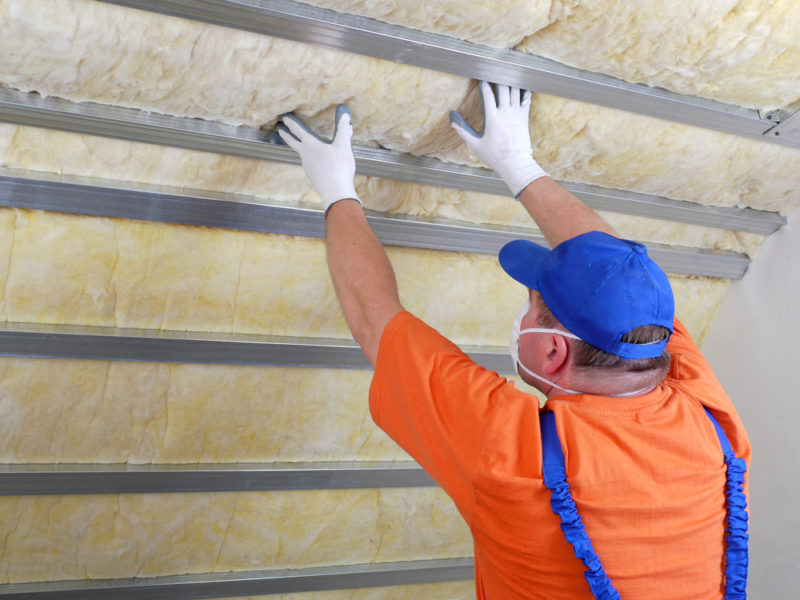As a St. Charles, Louisiana, homeowner, you might not put too much stock in insulation. After all, do you really need insulation when you live in an area that never gets too cold? In fact, insulation is essential for homeowners throughout Louisiana, since a high R-value can help your HVAC system run efficiently and save you money. Find out what your R-value is and why it matters for your HVAC system.
What Is an R-Value?
An R-value stands for a material’s thermal resistance, or its ability to prevent heat from passing through. In a nutshell, a higher R-value means that a material is better equipped for thermal resistance than a material with a low R-value.
Most homes have insulation in the attic, walls, ceilings, and ductwork. All types of insulation material have R-values, and you can increase or reduce thermal resistance by adding or removing layers of insulation.
What Should Your R-Value Be?
Each part of your home has an ideal R-value that provides optimal insulation. This number depends on where you live in the U.S., since it relies on the typical climate in your area. Because St. Charles has a warm climate, homeowners in the area need duct insulation with an R-value of 4 to 8 in an unconditioned attic and insulation with an R-value of 0 to 4 in an unconditioned basement.
How Does Your R-Value Affect Your Ductwork?
While insulation throughout your home affects your HVAC system’s efficiency, at Bryans United Air Conditioning, we know that the insulation in your ductwork has the biggest impact on your air conditioner. After all, the average HVAC system loses up to 30 percent of the conditioned air it generates through poorly insulated ducts. Installing insulation with a higher R-value can prevent energy loss and improve efficiency.
Extra insulation can have an impact on the efficiency of your heating and cooling system. Call Bryans United Air Conditioning today to learn how to improve your HVAC system functionality at 504-208-2071.
Image provided by Shutterstock


